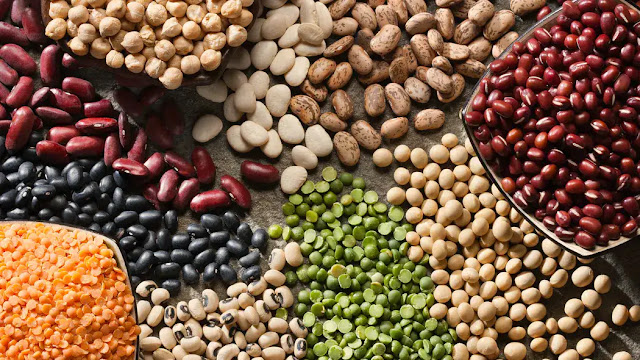Researchers have found that a diet based on isoflavones can fight against the onset of certain diseases. An effectiveness demonstrated only in combination with a certain microbiome.
A new study from the University of Iowa (USA) suggests that the metabolism of plant-based food substances by specific gut bacteria - absent in patients with multiple sclerosis (MS) - may offer a shield against the disease.
The study led by Ashutosh Mangalam, associate professor of pathology at IU, shows that a diet rich in isoflavones (a phytoestrogen, or estrogen-like plant-based compound) offers protection against certain symptoms like those of multiple sclerosis.
Soy and peanuts
The results of this study, conducted with mice, were only successful when the mice had gut microbes capable of breaking down isoflavones. The results were published July 9 in Science Advances. "Interestingly, previous human studies have shown that patients with multiple sclerosis lack these bacteria compared to people without MS," recalls Prof. Mangalam. Our new study provides evidence that the combination of dietary isoflavones and these isoflavone-metabolizing gut bacteria may serve as a potential treatment for MS," he adds.
Where to find these isoflavones? They are hidden in soybeans, peanuts, chickpeas and other legumes. The researchers found that a diet lacking isoflavones promotes a microbiome similar to that seen in MS patients.
A protective diet
Through this study, the researchers found that this specific diet was protective against disease. However, when the team removed the gut bacteria capable of metabolizing these substances, the diet was no longer able to protect against disease. "This study suggests that an isoflavone diet may be protective as long as the isoflavone-metabolizing gut bacteria are present in the intestines," summarized the lead author.
In previous work, this team has demonstrated significant differences between the gut microbes of MS patients and others. Specifically, MS patients lacked bacteria capable of metabolizing isoflavones.


0 Comments